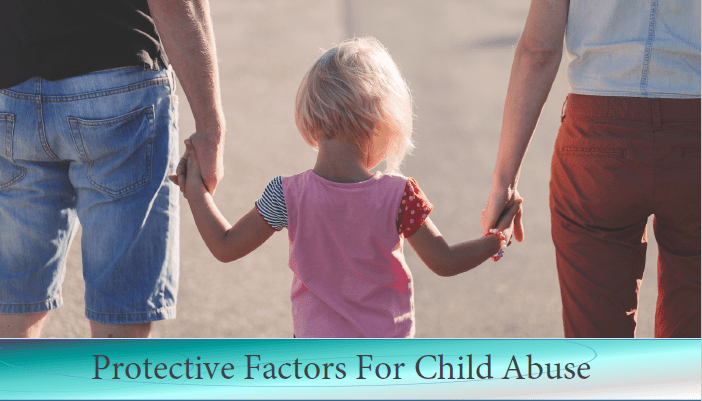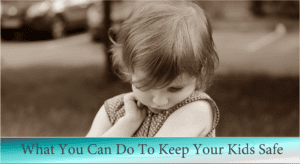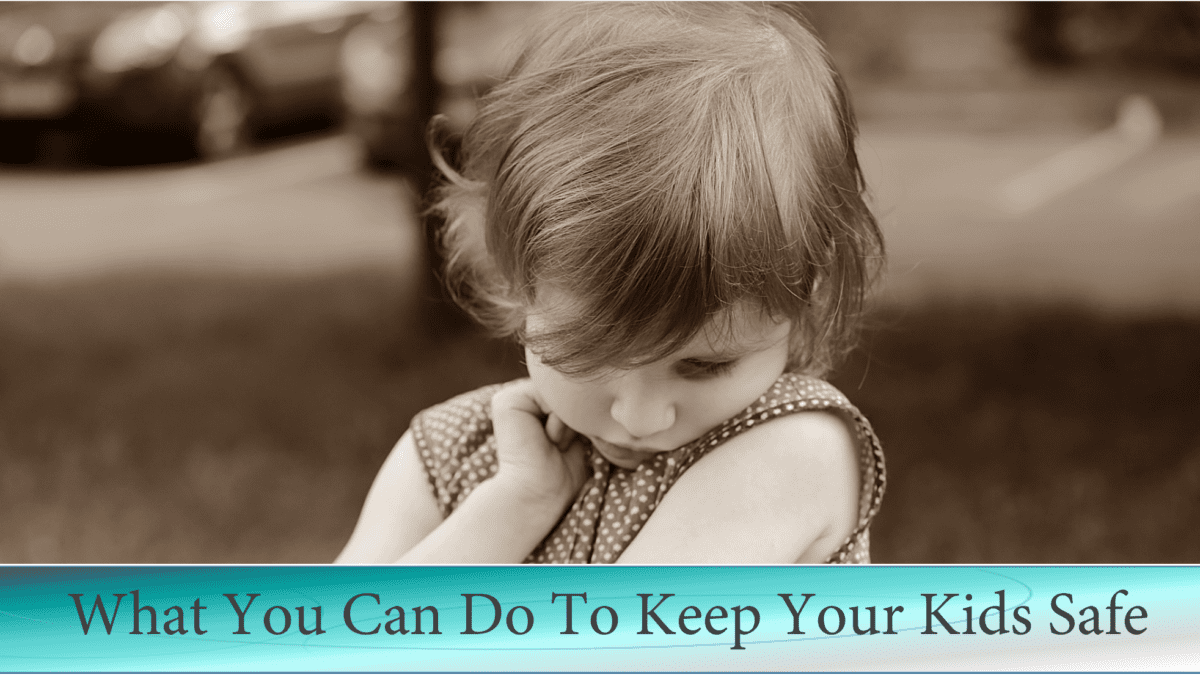Help Teens Define Their Personal Rights
March 8th, 2020
Protective Factors for Child Abuse
January 30th, 2021
opens in a new windowDownload Flyer
To prevent child sexual abuse, it is important to keep the focus on adult responsibility while teaching children skills to help them protect themselves. Consider the following tips
- Take an active role in your children’s lives. Learn about their activities and people with whom they are involved. Stay alert for possible problems.
- Watch for “grooming” behaviors in adults who spend time with your child. Warning signs may include frequently finding ways to be alone with your child, ignoring your child’s need for privacy (e.g., in the bathroom), or giving gifts or money for no particular occasion
- Ensure that organizations, groups, and teams that your children are involved with minimize one-on-one time between children and adults. Ask how staff and volunteers are screened and supervised
- Make sure your children know that they can talk to you about anything that bothers or confuses them.
- Teach children accurate names of private body parts and the difference between touches that are “okay” and “not okay.”
- Empower children to make decisions about their bodies by allowing them age-appropriate privacy and encouraging them to say “no” when they do not want to touch or be touched by others—even in nonsexual ways.
- Teach children to take care of their own bodies (e.g., bathing or using the bathroom) so they do not have to rely on adults or older children for help.
- Educate children about the difference between good secrets (such as birthday surprises) and bad secrets (those that make the child feel unsafe or uncomfortable).
- Monitor children’s use of technology, including cell phones, social networking sites, and messaging. Review contact lists regularly and ask about any people you don’t recognize.
- Trust your instincts! If you feel uneasy about leaving your child with someone, don’t do it. If you are concerned about possible sexual abuse, ask questions
- If your child tells you that he or she has been abused, stay calm, listen carefully, and never blame the child. Thank your child for telling you. Report the abuse right away.
*This article was created using information from Prevent Child Abuse America, the National Child Traumatic Stress Network, the Enough Abuse Campaign, and Stop It Now.
For more information on keeping kids safe, visit our website at www.dakotacac.org
call (701) 323-5626.
This post was recently published in the Dakota Catholic Action.

